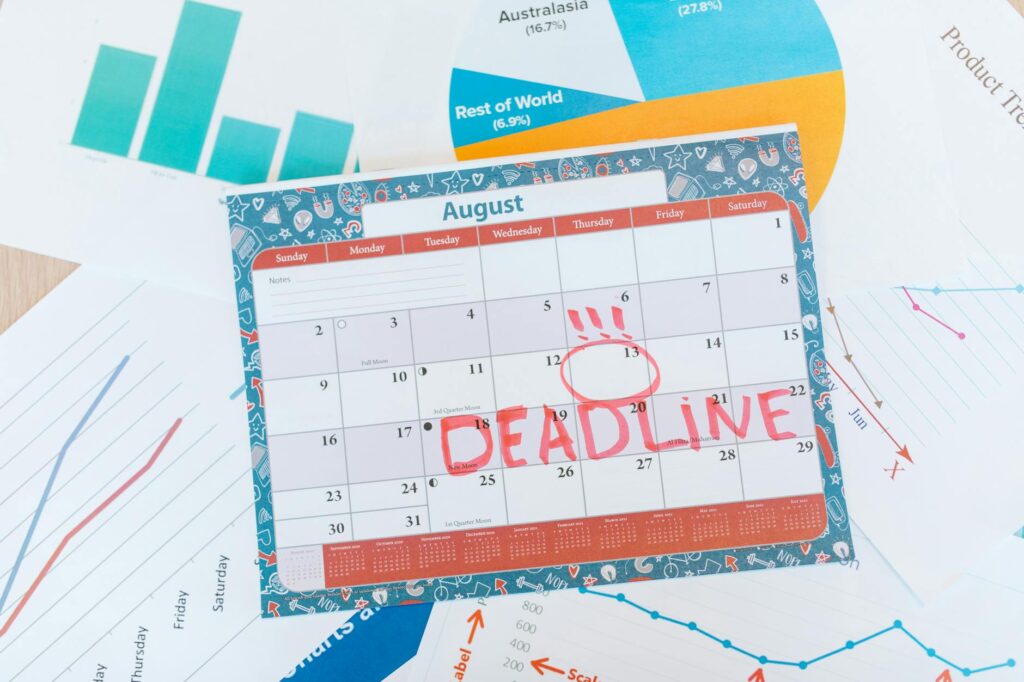What is schedule organizer?

What is schedule organizer?
In today’s fast-paced world, managing your time effectively is more crucial than ever. Whether you’re juggling work, family, or personal commitments, a schedule organizer can be your best ally. This tool helps you keep track of appointments, deadlines, and tasks, ensuring you never miss a beat. But what exactly is a schedule organizer, and how can it transform your daily routine? Let’s break it down.
Definition of Schedule Organizer
A schedule organizer is a system or tool designed to help individuals manage their time by organizing tasks, appointments, and events. It can range from simple paper planners to sophisticated digital applications. The primary purpose of a schedule organizer is to provide a clear overview of your commitments, allowing you to prioritize tasks and allocate your time effectively.
Types of Schedule Organizers
There are various types of schedule organizers available today, each catering to different preferences and needs:
-
Digital Tools: Applications like Google Calendar and Microsoft Outlook offer customizable features, such as reminders, event invitations, and synchronization across devices. These tools often come with additional functionalities like task lists and note-taking capabilities.
-
Traditional Planners: Paper planners, diaries, and bullet journals allow for a tactile experience. Many people find writing things down helps with memory retention, making these planners effective for organizing thoughts and ideas.
-
Hybrid Organizers: Some users prefer a blend of both digital and paper methods. This might include using a digital calendar for appointments while keeping a paper planner for daily tasks and notes.
For those interested in exploring various scheduling options, you can check out tools like the Free College Schedule Maker to create a structured plan for academic commitments.
Benefits of Using a Schedule Organizer
Utilizing a schedule organizer can lead to numerous benefits that enhance both productivity and overall well-being.
Enhanced Productivity
A schedule organizer helps prioritize tasks, ensuring that the most important items are addressed first. By having a clear outline of what needs to be done, you can focus on high-impact activities rather than getting lost in a sea of responsibilities. This prioritization leads to a more productive day where you’re less likely to feel overwhelmed.
Improved Time Management
Effective time management is all about allocating your hours wisely. A schedule organizer allows you to block out specific times for different activities, reducing the likelihood of procrastination. By visually seeing your commitments, you’re less likely to overcommit or spread yourself too thin. According to an article on the importance of scheduling, scheduled tasks can significantly improve how we manage our workloads.
Stress Reduction and Work-Life Balance
When you have a clear plan, it’s easier to maintain a healthy work-life balance. A well-organized schedule can reduce anxiety about missed deadlines or forgotten appointments. By setting aside time for work and personal activities, you create a routine that supports both productivity and relaxation. This balance is vital for mental health and overall satisfaction in life.
How to Choose the Right Schedule Organizer
With so many options available, selecting the right schedule organizer can feel daunting. Here are some tips to guide your choice.
Consider Your Lifestyle
Your personal and professional lifestyle plays a significant role in determining the best schedule organizer for you. If you have a busy work schedule and numerous appointments, a digital tool with reminders may be beneficial. Conversely, if you prefer a more hands-on approach to planning, a paper planner might suit you better. Reflecting on how you spend your time can help you make the right choice.
Evaluate Features and Usability
Look for key features that align with your needs. For instance, if you travel frequently, choose a digital organizer that syncs across devices and offers offline capabilities. Consider usability factors like ease of navigation and customization options. Tools like Canva’s Class Schedule Maker allow for customized layouts that might appeal to visual planners.
Best Practices for Using a Schedule Organizer
To maximize the benefits of your schedule organizer, here are some practical tips.
Regularly Update Your Schedule
Consistency is key. Regularly updating your schedule ensures that you’re always aware of your commitments. Set aside a specific time each week to review and adjust your plans. This habit keeps your organizer relevant and helps you stay on track.
Set Realistic Goals
Setting achievable goals is crucial for consistent progress. Instead of overwhelming yourself with an extensive to-do list, focus on a few key tasks each day. This approach not only boosts morale but also enhances productivity. Remember, it’s about quality over quantity.

Photo by RDNE Stock project
Conclusion
A schedule organizer is an invaluable tool for managing your time effectively and achieving a balanced lifestyle. By prioritizing tasks, enhancing productivity, and reducing stress, you can transform how you approach your daily commitments. With the right schedule organizer in hand, you’re better equipped to tackle your responsibilities head-on. So, why not take the first step today and start organizing your schedule? Embrace the change and experience the benefits of a well-structured day.